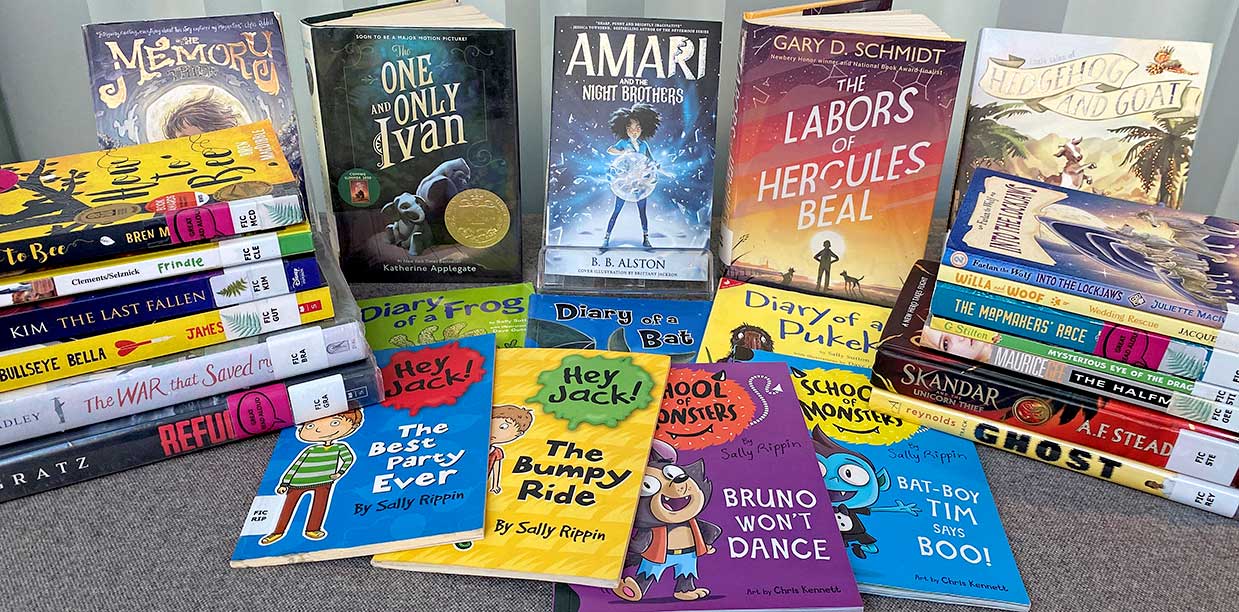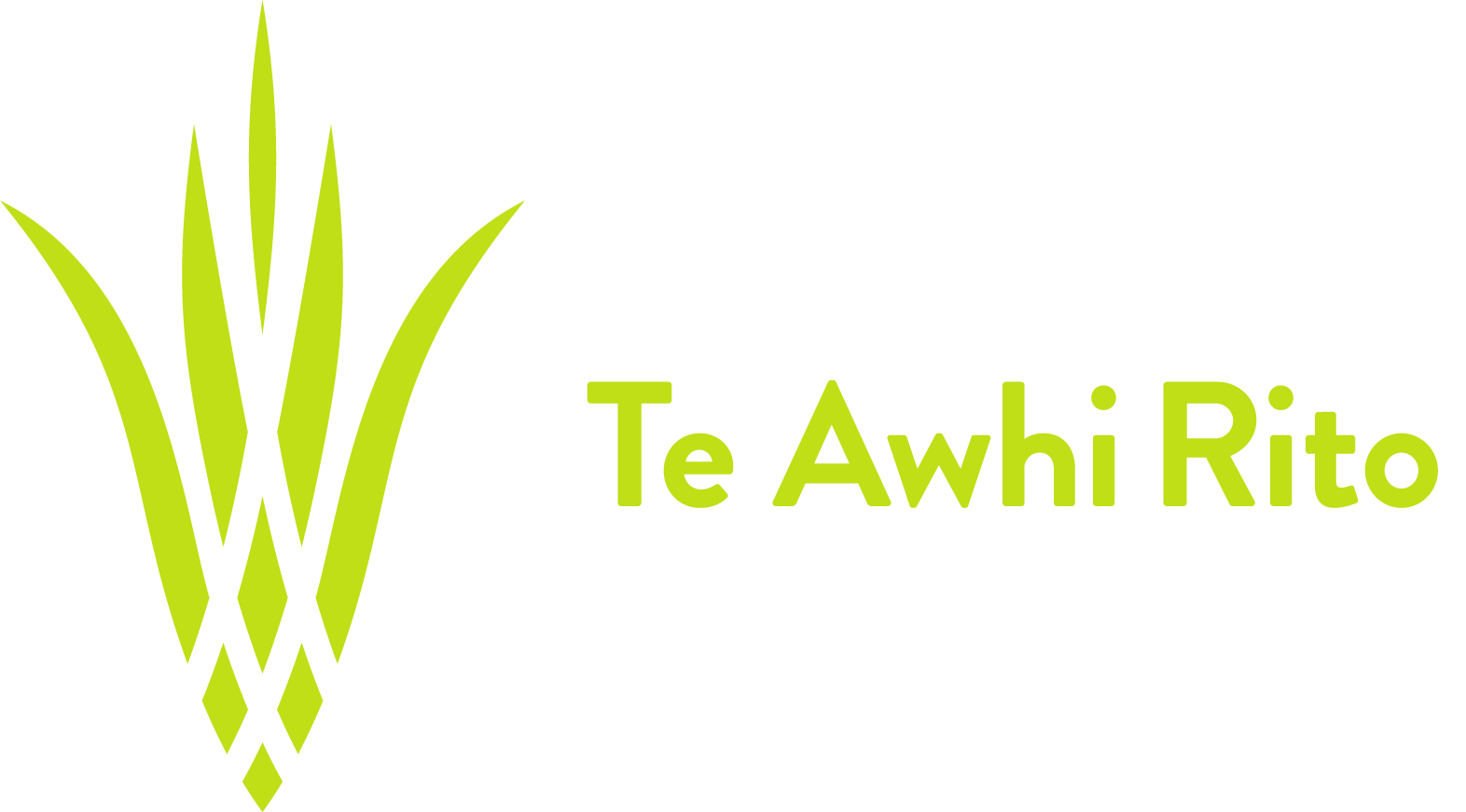Chapter quest
Chapter books are a vital step in any reader's journey. Join me as I offer tailored recommendations.
Reading is a journey
From the earliest steps of emerging readers to the confident strides of independent explorers, chapter books provide a bridge between picture books and more complex narratives.
The transition from picture books to early readers, moving into early chapter books, graphic novels and novels in verse are all part of a reading journey. These forms are all great stepping stones into fiction, making reading more accessible and enjoyable.
Providing choice, a reading community, access to books, personalisation and time to discover who they are as readers are all important when supporting this journey. This is just as important for newly independent readers as it is for those more confident.

Building a reading habit
As kids learn to read, they start to relish the independence of diving into books. The satisfaction of picking a book, completing it and discussing it with others are significant milestones that shouldn't be overlooked.
The ‘joy of reading’
What we read can shape who we are. There is joy and growth in the freedom of letting a child's imagination run wild, having their own vision of a story and developing their own line of thought about a book. This is essential when building a reader identity that will support a lifelong reading habit.
Reading aloud
Reading chapter books aloud to your child introduces them to more complex storytelling. It's a way of accessing texts that may be beyond their comfortable reading level or an opportunity to bond over stories they may not choose themselves.
Reading aloud helps develop exploring minds, and of course at the same time, reading skills. It can create shared experiences that develop relationships and appreciation of the written word. It also builds listening and memory retention skills.
Choosing a good chapter book
When supporting readers to choose a book, there are always things to consider. As with any book, a good chapter book must suit the need.
Some things to consider:
Everyone is different — avoid snobbery or personal bias. What resonated with you may not resonate with a newer generation. Provide them with access, time and support then let them choose.
Reading ability and age — this involves thinking about what they can access independently and whether the content is age-appropriate. Will it hold their attention?
Whether they are reading for pleasure or purpose — are they choosing to read, or have they been directed to read?
If you are unsure of what is out there, both old and new, you can always do the following:
Ask library staff. Look at their displays and books that have been recently returned.
Do some research online, or amongst peers.
Ask the kids! See what is popular. Ask the avid and passionate readers what books they might recommend.
Helping students choose books to read for pleasure
Books and Reads tool — National Library's tool with a curation of websites that list children’s and young adult (YA) titles, book reviews and reading communities.
The never-ending journey
Reading is a never-ending, journey full of ups and downs. I've put together some suggestions that may help you navigate this. They are picks that are fresh in my mind as I have seen them in the hands of readers on a regular basis.
This list includes books that teachers and students come back to time and time again, as well as some recommended by staff at National Library Services to Schools.
Note: An asterisk (*) indicates a book written by an Aotearoa New Zealand author.
Preparation
These chapter books align with readers' emerging skills.
Big Little Blue series by Raymond McGrath. *
Mercy Watson series by Kate DiCamillo.
Princess in Black series by Shannon Hale.
Rainbow Magic series by Daisy Meadows.
Series by Sally Rippin:
Series by Sally Sutton:
Willa and Woof series by Jacqueline Harvey.
Zac Power by H. I. Larry.
Setting off
These chapter books allow readers to encounter accessible narratives that gently introduce them to longer stories and deeper themes.
2MUCH4U by Vince Ford. *
Dave Pigeon series and Bad Panda series by Swapna Haddow.
Dinosaur Rescue and Dragon Knight series by Kyle Mewburn and Donovan Bixley. *
Faelan the Wolf series by Juliette MacIver. *
Frindle by Andrew Clements.
Geronimo Stilton series.
Little Tales of Hedgehog and Goat by Paula Green and Kimberley Andrews. *
Polly and Buster series by Sally Rippin.
The Tale of Despereaux by Kate DiCamillo.
The Wild Robot series by Peter Brown.
Finding your way
These chapter books have more diverse genres and plot structures.
Amari and the Night Brothers by B. B. Alston.
Leeva at Last by Sara Pennypacker.
Lopini the Legend by Feana Tu'akoi. *
Matilda by Roald Dahl.
Once Upon a Wickedness by Fleur Beale. *
Skandar Smith series by A. F. Steadman.
The One and Only Ivan by Katherine Applegate.
There's a Boy in the Girls' Bathroom by Louis Sachar.
Tui Street Tales by Anne Kayes. *
Detours and twists
These chapter books introduce more intricate storylines and nuanced characters.
Bullseye Bella by James T. Guthrie. *
Charlie Tangaroa and the Creature From the Sea | Tiare Tangaroa me te Taipō Moana by Tania Roxborogh. *
Conrad Cooper's Last Stand by Leonie Agnew. *
How to Bee and others by Bren MacDibble. *
Nevermoor: The Trials of Morrigan Crow by Jessica Townsend.
Pax by Sara Pennypacker.
Runt by Craig Silvey.
The Explorer and others by Katherine Rundell.
The Ghost House by Bill Nagelkerke. *
The Halfmen of O by Maurice Gee. *
The Way of the Dog by Zana Fraillon.
Tyger by S. F. Said.
Wonder by R. J. Palacio.
Wrath by Marcus Sedgwick.
Exploration
These chapter books have more sophisticated plots, rich language and layered meanings.
A Monster Calls by Patrick Ness.
Front Desk by Kelly Yang.
Ghost by Jason Reynolds.
Gifted Clans trilogy by Graci Kim. *
Holes by Louis Sachar.
October, October by Katya Balen.
Private Peaceful by Michael Morpurgo.
Refugee by Alan Gratz.
Robin Hood series by Robert Muchamore.
Simon Sort of Says by Erin Bow.
The Graveyard Book by Neil Gaiman.
The Labors of Hercules Beal by Gary D. Schmidt.
The Mapmakers' Race series by Eirlys Hunter. *
The Memory Thief by Leonie Agnew. *
The War That Saved My Life by Kimberly Brubaker Bradley.
Personalise your recommendations
As I have said before, there is no one perfect book that will meet every need. But there will be one that ‘suits’.
Set up an environment that lets your kids take agency over their choices. Support and recommend, but try to avoid pitching books as ‘must reads’. They'll like what they like.
Do your research, chat with others, and try to read as many as you can. It's okay to sidestep the popular go-tos. Remember, people enjoy different things and if they're popular, kids probably already know about them.
Take a risk or two. Don't be afraid to recommend books that are new to them, and to you!
And don't forget that schools and home educators can borrow from National Library's school lending service.
Find out more
Tween readers — keeping them motivated
